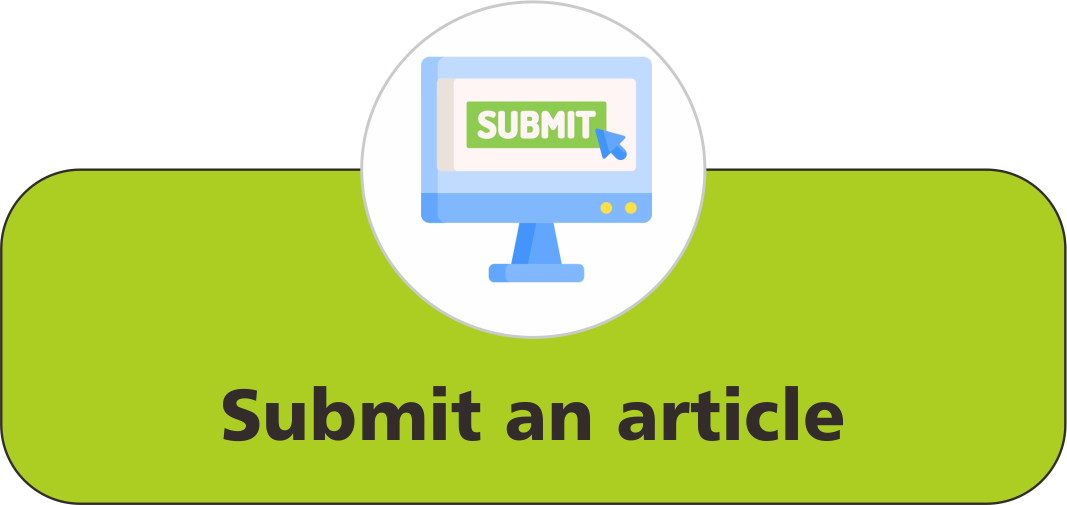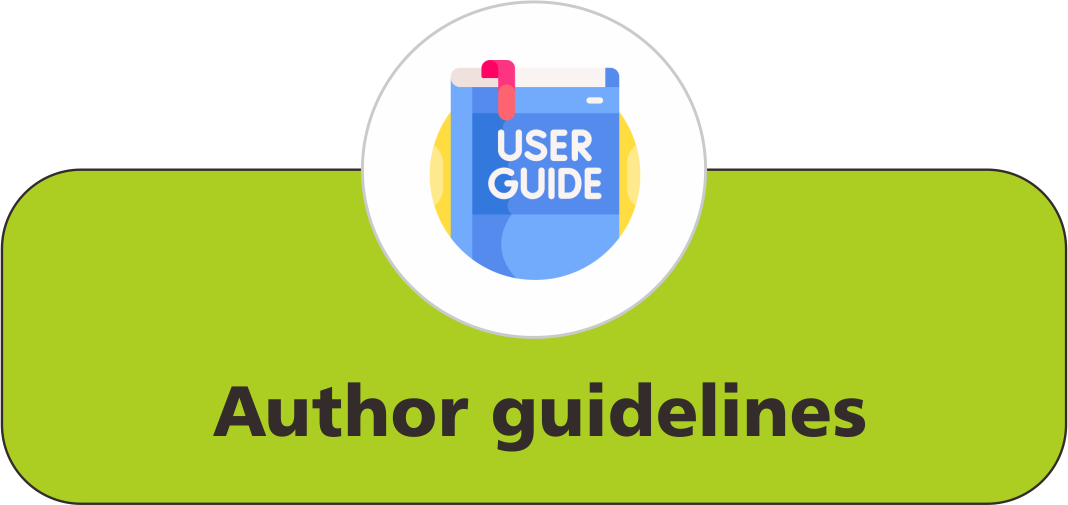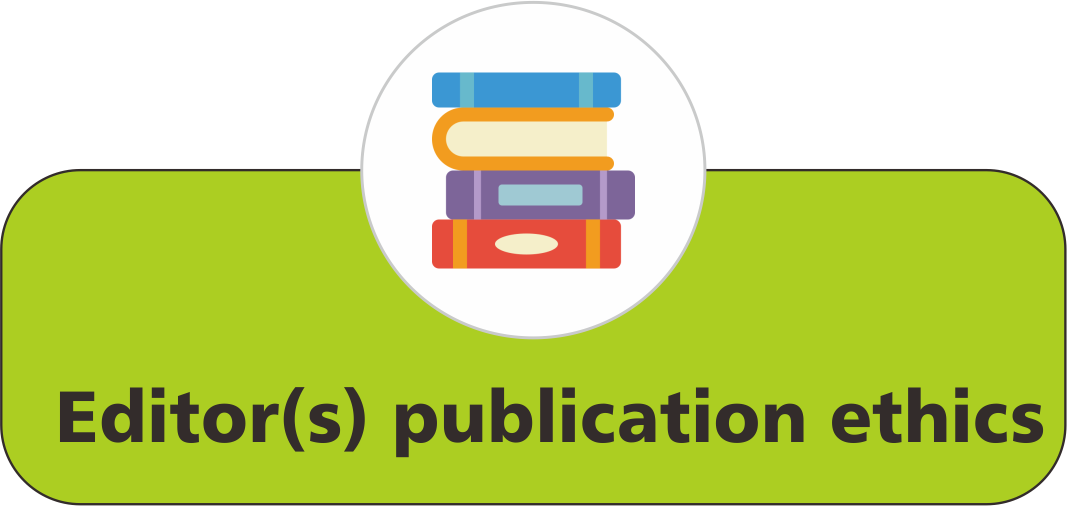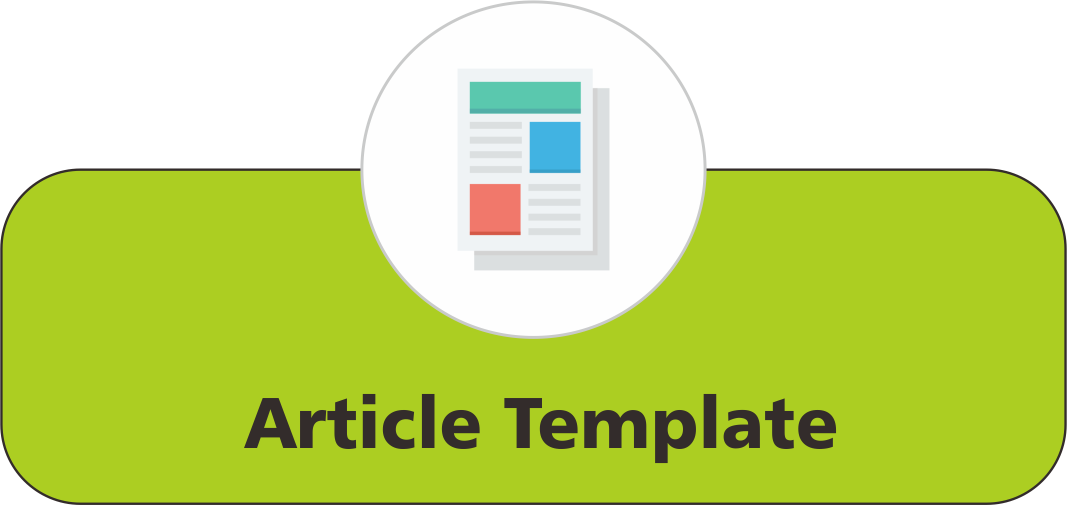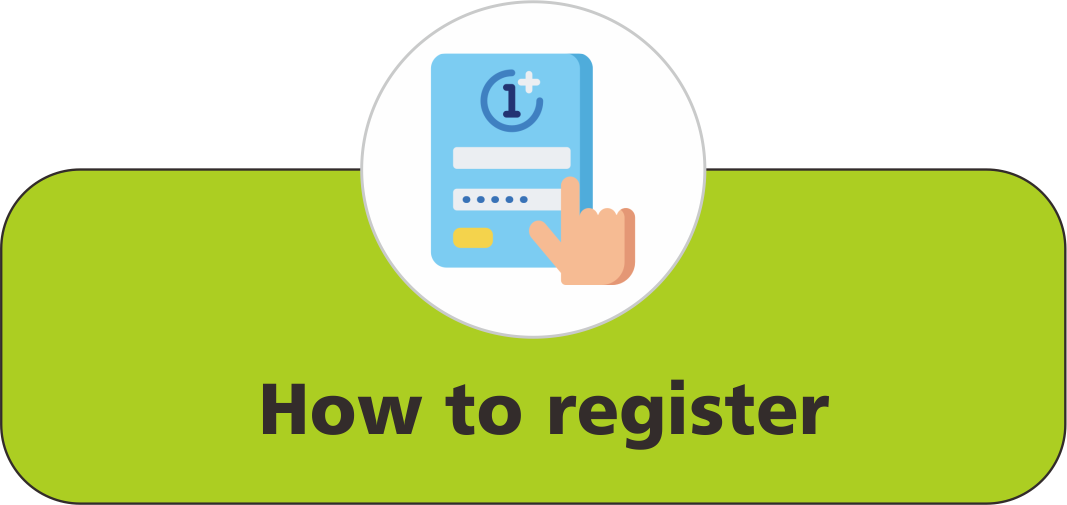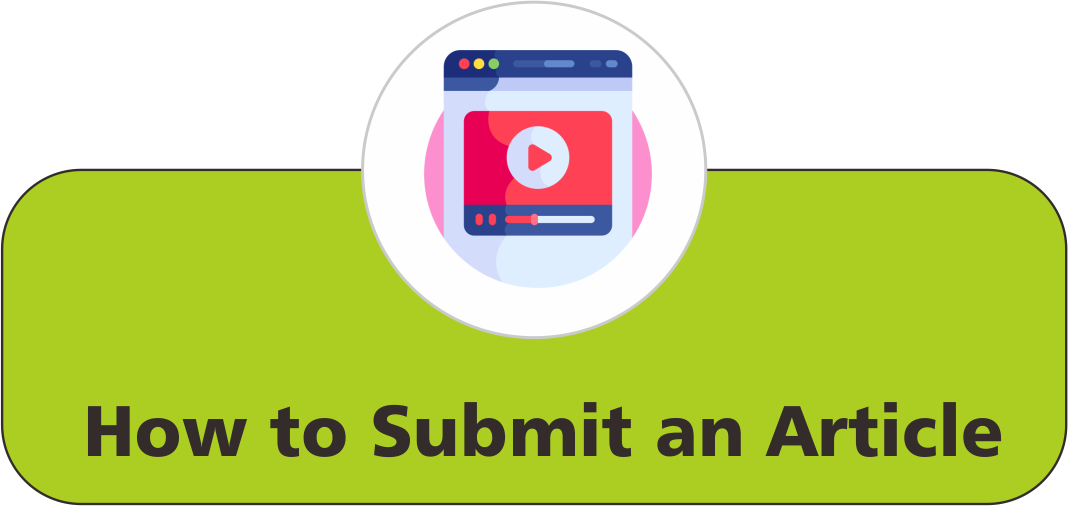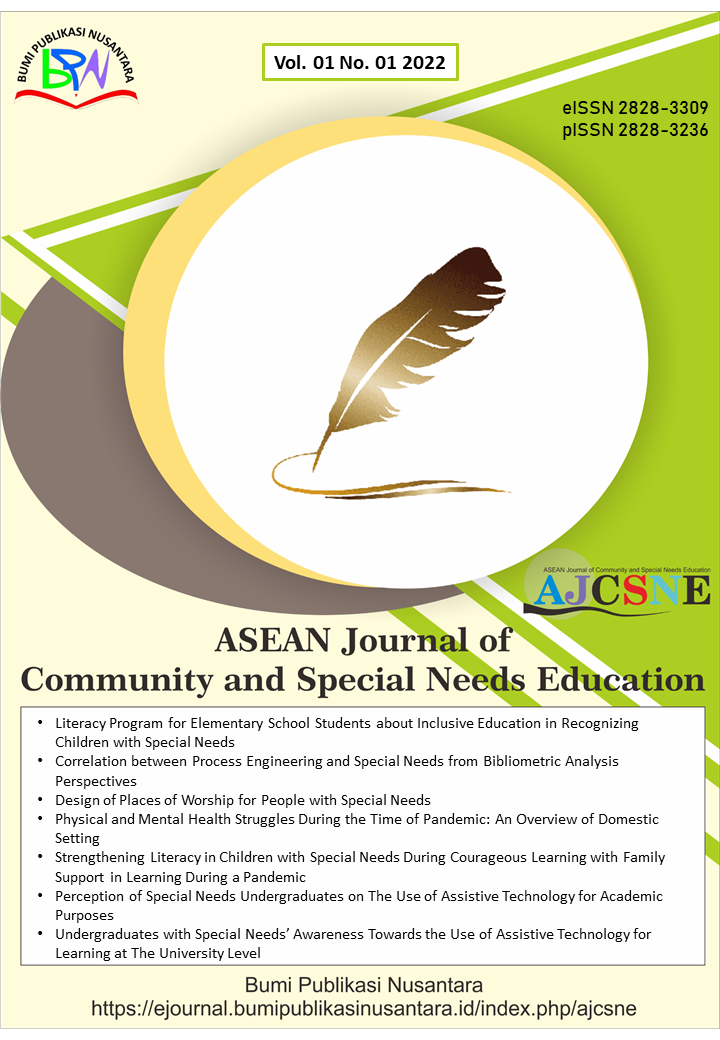Coaching Competencies and Sports-Facility Utilization: Their Influence on the Commitment and Psychological Well-being of Student-Athletes
 ), Emy A. Morbo(2),
), Emy A. Morbo(2),
(1) Datu Paglas National High School
(2) Sultan Kudarat State University
 Corresponding Author
Corresponding Author
Abstract
Keywords
References
Calixtro Jr, V. L. (2024). Speculating the lived experiences of physical education college instructors on health and wellness activities. ASEAN Journal of Physical Education and Sport Science, 3(2), 53-60.
Costa, P. L., Passos, A. M., and Bakker, A. B. (2014). Team work engagement: A model of emergence. Journal of Occupational and Organizational Psychology, 87(2), 414-436.
Curtis, E. A., Comiskey, C., and Dempsey, O. (2016). Importance and use of correlational research. Nurse Researcher, 23(6), 20-25.
Golby, J., and Wood, P. (2016). The effects of psychological skills training on mental toughness and psychological well-being of student-athletes. Psychology, 7(06), 901.
Harfouf, S. (2021). Sport and physical education at Abdel Malek Assadi university: State of the art. International Journal of Information Technology and Applied Sciences (IJITAS), 3(2), 94-102.
Kristiansen, E., MacIntosh, E. W., Parent, M. M., and Houlihan, B. (2018). The Youth Olympic Games: a facilitator or barrier of the high-performance sport development pathway?. European Sport Management Quarterly, 18(1), 73-92.
Lindblom, H., Carlfjord, S., and Hägglund, M. (2018). Adoption and use of an injury prevention exercise program in female football: a qualitative study among coaches. Scandinavian journal of medicine and science in sports, 28(3), 1295-1303.
Lloyd, R. S., Cronin, J. B., Faigenbaum, A. D., Haff, G. G., Howard, R., Kraemer, W. J., Micheli, l. J., Gregory, D., and Oliver, J. L. (2016). National Strength and Conditioning Association position statement on long-term athletic development. The Journal of Strength and Conditioning Research, 30(6), 1491-1509.
Nicholls, J. G. (1984). Achievement motivation: Conceptualization and measurement. Psychological Bulletin, 95(2), 165-183.
Reardon, C. L., Hainline, B., Aron, C. M., Baron, D., Baum, A. L., Bindra, A., Budgett, R., Campriani, N., Castaldelli-Maia, J. M., Currie, A., Derevensky, J. L., Glick, I. D., Gorczynski, P., Gouttebarge, V., Grandner, m. A., Han, D. H., McDuff, D., Mountjoy, M., polat, A., Purcell, R., Putukian, M., Rice, S., Allen, S., Stull, T., Swartz, L., and Engebretsen, L. (2019a). Mental health in elite athletes: International Olympic Committee consensus statement (2019). British journal of sports medicine, 53(11), 667-699.
Reardon, K. W., Smack, A. J., Herzhoff, K., and Tackett, J. L. (2019b). An N-pact factor for clinical psychological research. Journal of Abnormal Psychology, 128(6), 493.
Reifsteck, E. J., and Brooks, D. D. (2018a). A transition program to help student-athletes move on to lifetime physical activity. Journal of Sport Psychology in Action, 9(1), 21-31.
Reifsteck, E. J., Brooks, D. D., Newton, J. D., and Shriver, L. H. (2018b). Promoting a healthy post-collegiate lifestyle: An evaluation of the Moving On! transition program for student-athletes. Journal of Higher Education Athletics and Innovation, 1(4), 54-76.
Rosalejos, R. M., and Lubos, L. C. (2019). Coaches’ coaching competencies and student athletes’ sports achievement. Liceo Journal of Higher Education Research, 15(2), 86-119.
Sackett, S. C., and Gano-Overway, L. A. (2017). Coaching life skills development: Best practices and high school tennis coach exemplar. International Sport Coaching Journal, 4(2), 206-219.
Thorhauge, M., Kassahun, H. T., Cherchi, E., and Haustein, S. (2020). Mobility needs, activity patterns and activity flexibility: How subjective and objective constraints influence mode choice. Transportation Research Part A: Policy and Practice, 139, 255-272.
Vera, M. J. C., and Calixtro Jr, V. L. (2024). Health-related factors and teaching performance of physical education teachers amidst COVID-19 Pandemic. ASEAN Journal of Physical Education and Sport Science, 3(1), 17-26.
Wachsmuth, S., Jowett, S., and Harwood, C. G. (2017). Conflict among athletes and their coaches: what is the theory and research so far? International Review of Sport and Exercise Psychology, 10(1), 84-107.
Wilson, K. E., and Millar, P. (2021). Intramural sport participation: An examination of participant benefits, service quality, program satisfaction, and student retention. Recreational Sports Journal, 45(2), 149-160.
Article Metrics
Abstract View : 1552 times
: 1552 times Download : 802 times
Download : 802 times
Refbacks
- There are currently no refbacks.
Copyright (c) 2024 Bumi Publikasi Nusantara

This work is licensed under a Creative Commons Attribution-ShareAlike 4.0 International License.

